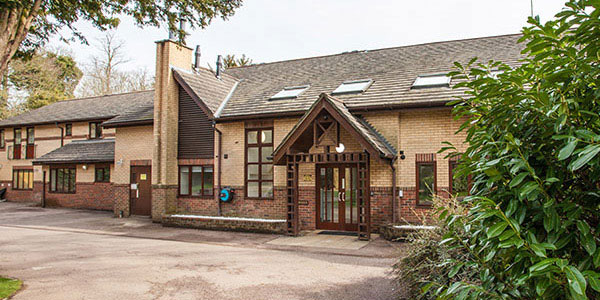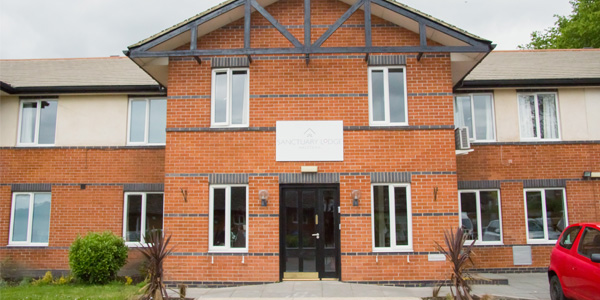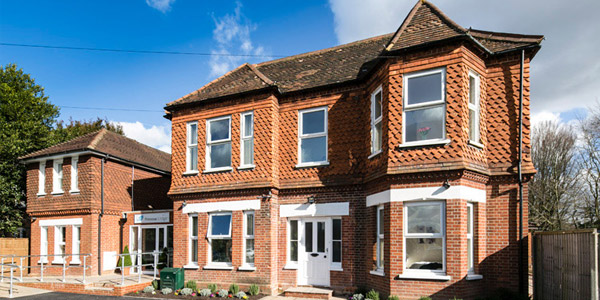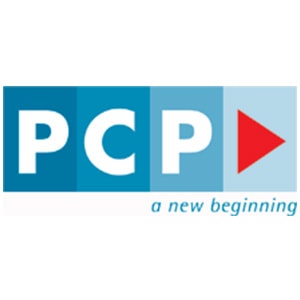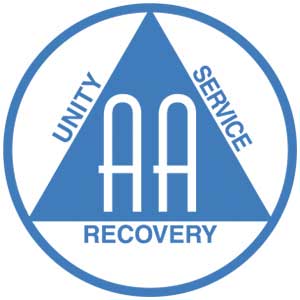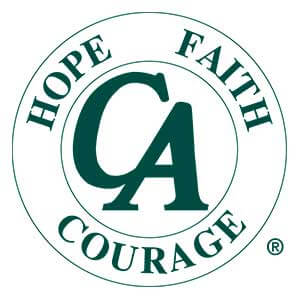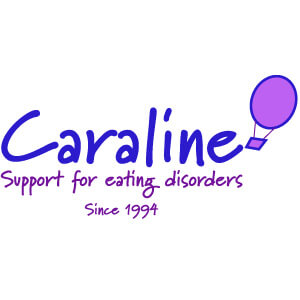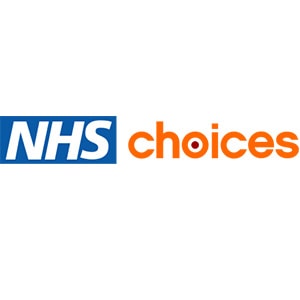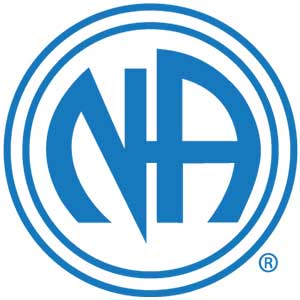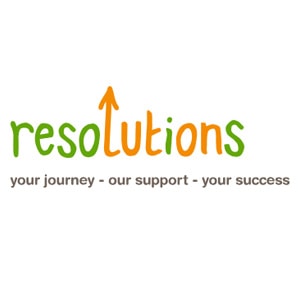Although addiction is a problem throughout the UK, it will come as little surprise that the country’s urban areas are especially susceptible to its ravages. Luton is no exception: alcohol, illegal drugs and prescription medication are taking a terrible toll on the town’s inhabitants, young and old, with relatively new substances such as spice joining long-established poisons such as heroin and cocaine in causing carnage on the streets.
However, there is a light at the end of the tunnel: there are now many facilities offering high-quality addiction treatment to people struggling with this terrible illness. If you or a loved one are one of those people, help is at hand: read on to discover how rehab can save your life.

Liberty House Clinic is a fully furbished detox and rehabilitation facility…
- Private
- Holistic Treatment
- Award Winning
- Residential
UKAT Rehabs
Banbury Lodge is a private UKAT rehab facility based in Banbury, Oxfordshir…
Sanctuary Lodge is a state of the art detox and rehabilitation facility, se…
At Primrose Lodge we genuinely care that our patients make a full recovery …
Finding Treatment Options near Luton
-
- Free
- Outpatient
- 12 Step
-
- Free
- Outpatient
- 12 Step
-
- Free
- Outpatient
- Eating Disorder
-
The L&D Hospital NHS Foundation Trust,
Lewsey Rd,
LU4 0DZ0 review- Free
- Outpatient
- Eating Disorder
-
- Free
- Outpatient
- 12 Step
-
- Free
- Outpatient
- 12 Step
-
- Free Service
- Outpatient
- Under 18’s
- Load More
Drug & Alcohol Rehab Services in Bedfordshire
- A
- B
- C
- D
- E
- F
- G
- H
- I
- J
- K
- L
- M
- N
- O
- P
- Q
- R
- S
- T
- U
- V
- W
- X
- Y
- Z
What Is Rehab?

Rehab – “residential rehabilitation”, in full – is the name for both the treatment of addiction at a dedicated facility, and the facility itself; because of the prominence of rehab in the public eye (itself a result of the model’s superlative record in treating addiction in patients from all walks of life, including some very high-profile addicts) rehab has become almost synonymous with addiction treatment in general.
At rehab – which is typically set in attractive and tranquil surroundings in which patients can focus wholly on their recovery – addicts benefit from a bilateral approach to treatment: rehab addresses both the immediate problem of physical dependency and the longer-term challenge of psychological addiction, and as a result is generally considered to be the most effective means of combating addiction, in terms of giving patients the greatest chance of achieving a permanent recovery.
How Can I Get Someone into Rehab?
The sooner an addict can reach out for help, the sooner they can be in treatment: every day that passes without combating addiction is another day in which an addict risks succumbing to overdose, a fatal accident, or an act of violence fuelled by substance abuse. While the NHS provides a good range of high-quality addiction treatment services – including rehab – places are invariably limited and waiting times can be distressingly lengthy (especially in densely populated areas such as the South East).
If you or a loved one are struggling with addiction and are desperate for help, you may not wish to take such risks; instead, why not explore some of the private options which are available to you? Call 0800 024 1455 now to discuss next steps.
Advantages of Private Rehab
Rehab offers addicts a peaceful, confidential, safe, secure and secluded setting in which to focus on recovery without being distracted by the temptations of the outside world and the lifestyle in which they have succumbed to addiction.
Upon entering rehab, an addict will be assessed to establish their physical and mental condition and the severity of their addiction before going through a period of detoxification (“detox”) and withdrawal which will be supervised by highly experienced medical personnel to ensure the process is a safe and as comfortable as possible; this may include the provision of medication to ameliorate withdrawal symptoms.
Following detox, a patient will engage in therapy (of various forms, and in both group and one-to-one settings) which will uncover the root causes of addiction and provide the patient with psychological defence mechanisms safeguard against relapse. During their stay they will benefit from bespoke dietary and fitness plans as well as from other resources which will vary from one rehab to the next.
Upon leaving the facility, they will receive free aftercare for up to one year, in recognition of the fact that recovery is no simple matter and is not achieved simply by leaving rehab, but must be worked for on an ongoing basis.
What Does Rehab Cost in Luton?
The cost of private rehab in or near Luton can vary significantly by treatment programme, and depending on which of a variety of optional extras are selected. As a rough guide, standard costs range from between £5,500 and £11,000 per month, though the cheapest rehab treatment can start from as little as £834 per week. For more details, call 0800 804 4755.
NHS Addiction Treatment Options near Luton
If you feel that private rehab is currently not an option for you for reasons of cost, or if you do not feel that you are able to spend the required time away from family and/or work obligations, do not despair: various NHS and charity resources can be found in Luton and across Bedfordshire which can help you combat your addiction. Consult your GP about which of these resources may be available to you and would be most appropriate for your specific situation.
Advantages of NHS Treatment
The main advantage of NHS treatment, unsurprisingly, is that it is free at the point of use, while private rehab typically comes at a cost which may be very off-putting to some addicts (though which is likely to fade into insignificance compared with the costs – financial and otherwise – of remaining addicted). Another advantage is that the NHS operates across the country and thus may be more accessible geographically than many private rehab facilities (though again waiting times vary and may be too lengthy for those desperate to break their addiction). Thirdly, although quality does vary by location, the NHS does offer a high standard of service.
Addiction Support Groups
A number of organisations exist across the country to provide assistance to recovering addicts, and some of these operate a support group model. Support groups are groups of individuals who are themselves recovering addicts – some only recently free from addiction, while others may have been clean for many years – and who come together at regular meetings to give and take mutual support: sharing their stories of addiction, giving advice on how to resist relapse, showing solidarity and sympathy when group members are struggling, and providing the simple companionship which can mean so much in times of difficulty and loneliness.
Support group attendees can come from all walks of life, brought together by their shared experience of addiction and recovery; typically, attendance at support groups is free and the only qualification for participation is a commitment to leading a life free of substance abuse.
The most famous support group organisation, and the one on which most others are modelled, is Alcoholics Anonymous (AA) which was founded in 1935 and runs on a 12-step programme of personal and spiritual development, with one of the steps being a recognition that a higher power – such as God – can assist with an alcoholic’s recovery. Narcotics Anonymous (NA), founded in 1953 and based directly upon the AA model, is the second-largest support group organisation worldwide and caters to recovering drug addicts specifically.
In a similar vein, but supporting those recovering from addictions to specific substances, are Cocaine Anonymous (CA), Heroin Anonymous (HA), Marijuana Anonymous (MA) and Crystal Meth Anonymous (CMA), all of which operate 12-step programmes. There are also support groups such as Al-Anon and Nar-Anon assisting the families and friends of addicts which typically hold meetings alongside those for the addicts themselves.
Support groups typically meet weekly, though each local chapter is managed independently and meeting times and venues are subject to change. To find information on meetings in or near Luton, see the relevant websites: Alcoholics Anonymous; Narcotics Anonymous; Cocaine Anonymous; Heroin Anonymous; Marijuana Anonymous; Crystal Meth Anonymous.
Types of Counselling

Many private addiction counsellors – like “regular” psychotherapists, though with an obvious emphasis on addiction – can be found throughout the country, with a wide variety of therapy models available. Individual counselling – which can be engaged in either following attendance at rehab or other treatment as a supplementary aid to recovery, or potentially as a means of managing an addiction prior to engagement in a full treatment programme – is especially beneficial for those with extremely busy schedules.
Counsellors are usually seen weekly and typically charge a fee per appointment; some counsellors make themselves available in emergencies while others strictly limit access to working hours.
How to get to Liberty House Clinic from Luton
Liberty House Clinic is a fully furbished 18-bed drug and alcohol detox and rehabilitation facility in a peaceful, picturesque suburban setting in the heart of Luton. Its large, spacious grounds are the ideal place in which to address the key questions at the heart of recovery from addiction, and to embrace its fully comprehensive rehabilitation programme focused on mental, physical and spiritual well-being.


